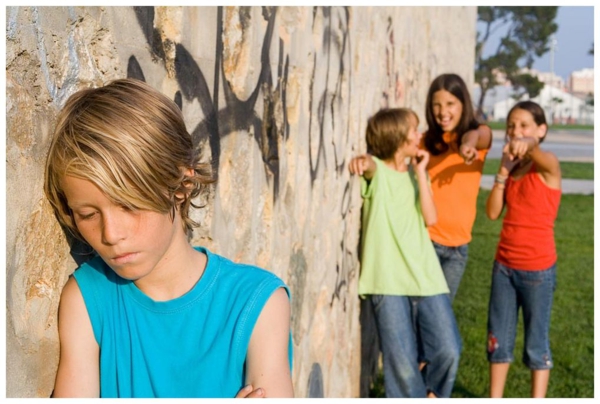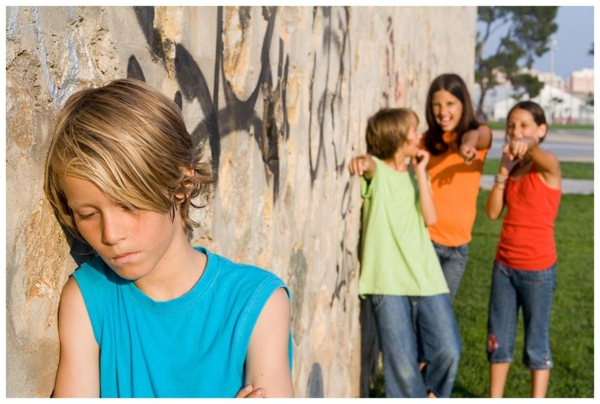When a child is bullied, then the academic, social and personal aspects of the child’s life are greatly affected. Bullying can rob a child of that opportunity to excel in school, make friends and simply live a normal childhood. With the parents’ help bullying can be prevented.
How to Prevent Bullying?
1. Know the Signs
This is an essential step; parents must learn to recognize the signs that indicate their child is being bullied. You can do this by simply talking to your child, your child’s teacher and by observing their behavior. Reluctance to go to school is one of the most common signs. Make sure you ask your child and observe as well, this gives you a clearer picture of the situation.

2. Learn to Listen
Research reveals almost half of the bullied children never tell their parents about the experience. When asked, children often revealed that they were too ashamed and they felt hopeless; that even parents could not help with their situation. Most children also felt parents wouldn’t listen. Take time to listen to your children, make sure you talk to them every day. When children feel that their parents are there to listen, then they will share their experiences.
3. Spend some time with the Kids at School
Spend some time during recess, allot some time so you can attend important school activities, and establish your presence. Research reveals that almost 67% of bullying cases happen when the parents are not around. Parents can make a difference by merely showing up, whether that is just once a week or once a month.
4. Help the Children Effectively Address Bullying
Discuss with the child; the issue of bullying and how they can effectively deal with it. Once you establish that bullying is indeed an issue and it is something they should openly express to adults or to parents, then children become more receptive. When they fully understand the situation, they will be more open to programs to help them deal with bullying.
Some studies reveal that policies that involve “zero tolerance” are not effective. Educational programs helping schools create a healthy social environment work better than zero tolerance policies.
5. Establish Some Bullying ‘House Rules’
Children must know that it is not okay to be bullied; it is not tolerable to bully other kids and just to stand by when someone is being bullied. If your child is the one bullying, help your child to find other ways where he or she can exert power and status. Work with your child and the teachers to implement a kindness plan.
6. Create Habits that are Anti-Bullying
Help your child learn anti-bullying habits early on as much as possible. Teach your children not to push, hit, tease or demean others. Also teach your children to be kind, play fair, and take turns. These habits are crucial in establishing good relationships with other people.
7. Set a Good Example to your child
Aside from teaching children about the good and the bad practices, also make sure, as parents and responsible adults that you are also practicing the same. Children learn about kindness, love, and power from their parents and the adults around them. When you speak in a hurtful way, when you abuse someone physically, emotionally, mentally and verbally, you are communicating to the child that bullying is okay.
Bullying is a growing problem, but the solution to this problem starts at home, the place where we can teach and nurture our children.
This article is contributed by Pitt Goumas, author of numerous articles on family and parenting. He blogs at ordersciencebooks.com regarding active play toys and puzzles for kids.

